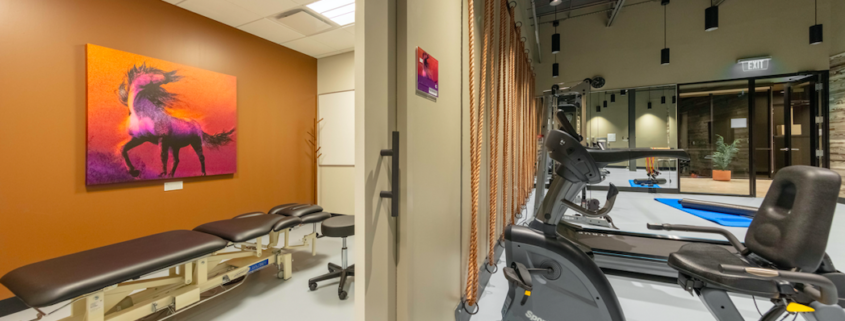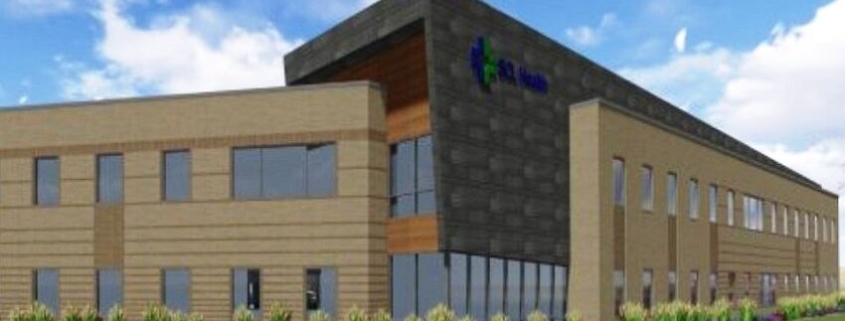Amazon’s First Neighborhood Health Center Will Be In Dallas-Fort Worth
Amazon is launching a healthcare pilot with Crossover Health in Irving, offering a clinic designed to serve Amazon employees at nearby fulfillment centers and their families.
California-based Crossover Health opened its first clinic in the area earlier this year, looking to directly contract with employers in the area and offer direct primary care services that include integrated primary care, musculoskeletal services, and behavioral health and health coaching. The direct primary care practice can be difficult to scale when it asks residents to purchase a membership on top of existing health insurance, but partnering with employers is a win for employers who want value and for the growing clinic.
“Across the U.S., an increasing number of patients do not have easy access to a primary care physician and instead utilize emergency or urgent care options, which is not only more expensive for patients, but also overlooks important preventative care opportunities,” said Darcie Henry, Amazon’s Vice President of Human Resources via release. “We want to solve that for our employees, and the launch of these new Neighborhood Health Centers will provide a range of quality primary care services for employees across the country – further strengthening Amazon’s industry-leading benefits program, which provides comprehensive healthcare for employees starting on day one of employment.”
According to Derek Rubino, Senior Program Manager of Workplace Health & Safety at Amazon, Amazon chose DFW because it has one of the largest populations of Amazon employees in the country.
“With large fulfillment centers in Coppell and Haslet and other sites near Dallas, Garland, and Fort Worth, it is a perfect place to try out this model,” Rubino says. “Amazon also looked at primary care usage, health of its employees, and emergency room overuse to make its decision.”
The pilot program is launching five markets across the country, and by the end of the year, there will be six nearsite clinics to serve Amazon employees in DFW alone. Current and future Crossover locations have been chosen to serve areas where a high concentration of employees live and work. The first clinic is open to all Crossover members, but future Crossover clinics will only be for Amazon employees.
Crossover also acquired a digital health company Sherpaa, allowing it to continue to serve patients during the pandemic. The clinic even has a virtual care studio specifically designed for physicians to do virtual visits so that they don’t use an exam room.
Rubino says Amazon chose Crossover health because of its virtual health platform, convenient access, and holistic care all under one health. Current Amazon employees can keep their primary care physicians if they want, but Crossover offers another option. Eventually, hours at Crossover will go from 7 a.m. to 11 p.m. six days a week to allow Amazon’s shift workers to access the facility,
“The landscape is changing drastically,” says Nate Murray, Co-founder and chief revenue officer of Crossover. “I think, through the pandemic, we fell upon something that is more convenient, and even though some people are a little apprehensive [about trying virtual care], they find out that it actually was a great visit and super convenient.”
“We are proud to collaborate with Amazon to support the health and wellness of Amazon’s employees. Crossover Health believes that exceptional primary care is central to continued health and well-being,” said Dr. Scott Shreeve, CEO and co-founder of Crossover Health via release. “Now it’s more important than ever to make care available through multiple channels and across the full continuum. Our advanced primary care model will serve as vital infrastructure to deliver expanded access to care in-person and online to meet the needs of Amazon’s employees and their families.”
Source: D CEO Healthcare Magazine




